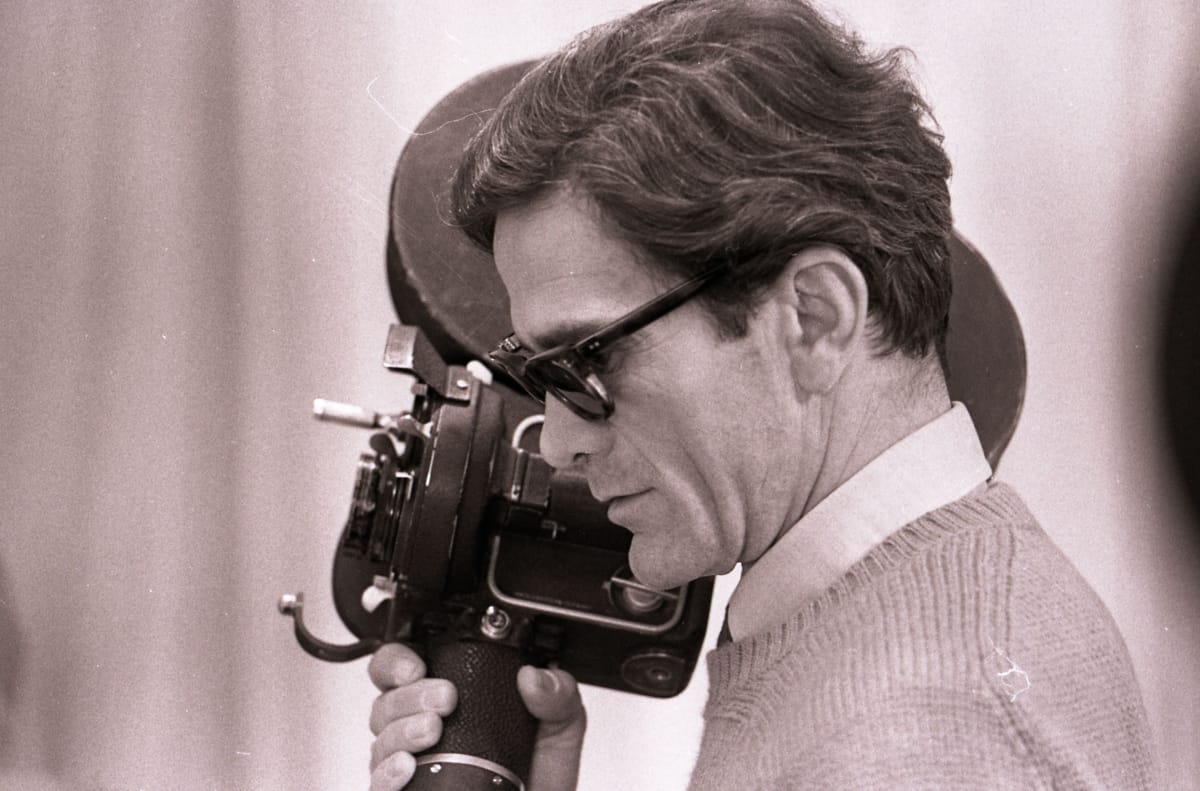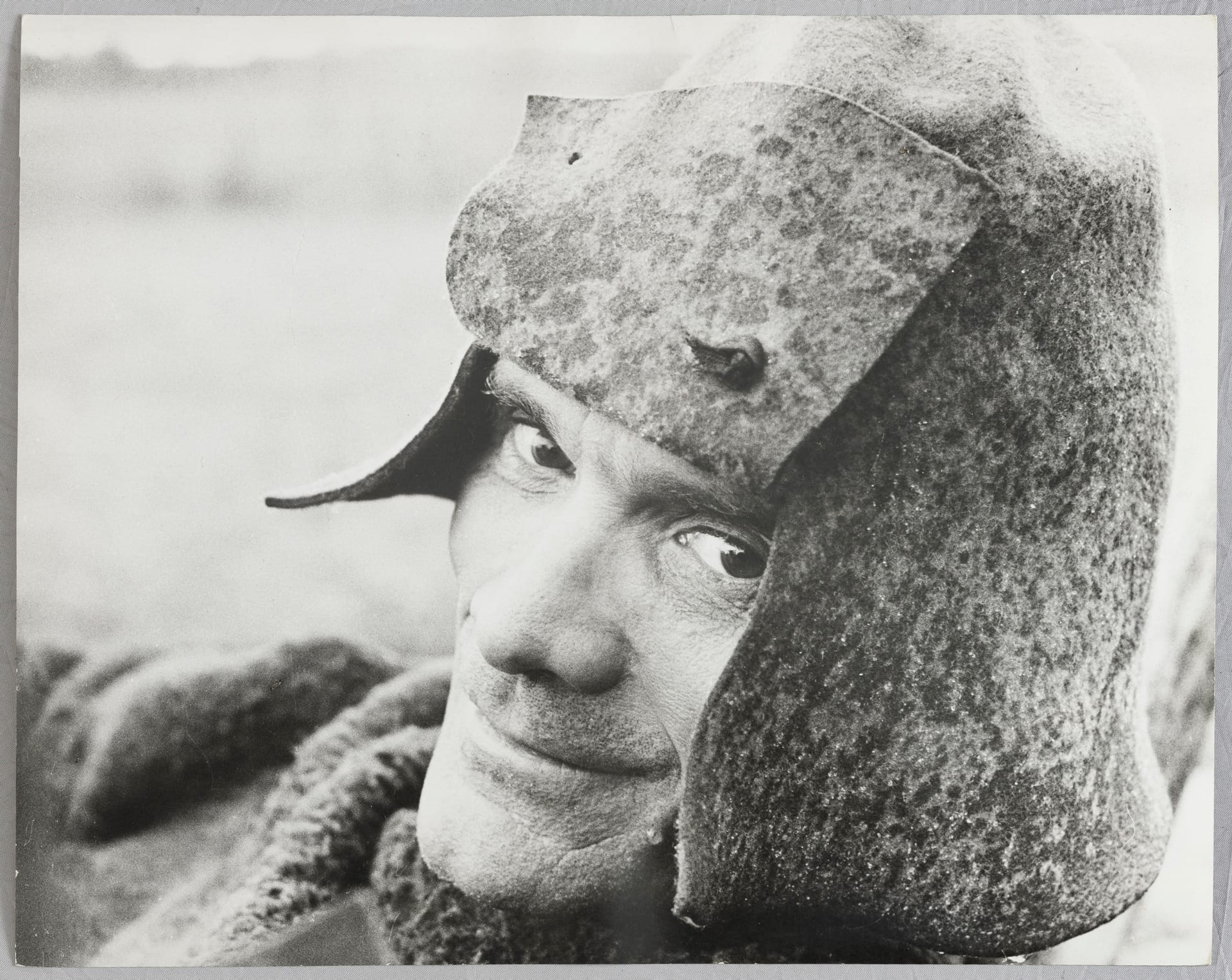
Neuer Berliner Kunstverein (n.b.k.) has organized a retrospective on the life and art of film director and poet Pier Paolo Pasolini. The exhibition, titled Pier Paolo Pasolini. Porcili, will explore the entirety of Pasolini's creative output, covering a wide array of original materials, including photographs, films, newspapers, books and costumes. Parallel to the exhibition, n.b.k. will present a series of films by Pasolini at Babylon Kino in Berlin.
Pasolini's personality and his art sparked controversy during his lifetime, and he left an indelible mark on the cultural and artistic landscape of Italy. Avowedly homosexual at a time when public indecency laws were still in force, he actively advocated for the revival of heritage languages, cultural conservatism and Christian values, before making a break with this course at the end of the Second World War and embracing an openly Marxist stance. Pasolini was murdered in Ostia under dubious circumstances in 1975.

The exhibition derives its name from his 1969 film Porcile (The Pigsty), a scathing commentary and allegory of the societal decay that gripped Italy. Pasolini was perceived by the public, political establishment, judiciary and Catholic Church as someone who inhabited and frequented socially reprehensible environments. Through his works, he articulated his love and adoration for the Italian underclass, manifesting a blasphemous and openly sexual behavior that flew in the face of social restrictions. In Porcile, he subverts values at their very core, voicing his resistance to the hypocrisy embraced by a society which could not overcome its fascist past, but also reflecting on his own degradation.
Pier Paolo Pasolini (1922-1975) was a poet, film director, writer, actor and playwright, whose multifaceted talents made him a prominent figure in the Italian cultural milieu. He is best known for the movies The Decameron, The Canterbury Tales, and Arabian Nights, which make up his Trilogy of Life. Neuer Berliner Kunstverein was established in 1969 as a venue for contemporary art and public discourse about social issues. The exhibition opens on September 11 and runs through November 10, 2024. More information about this and other exhibitions at n.b.k can be found on their site.
